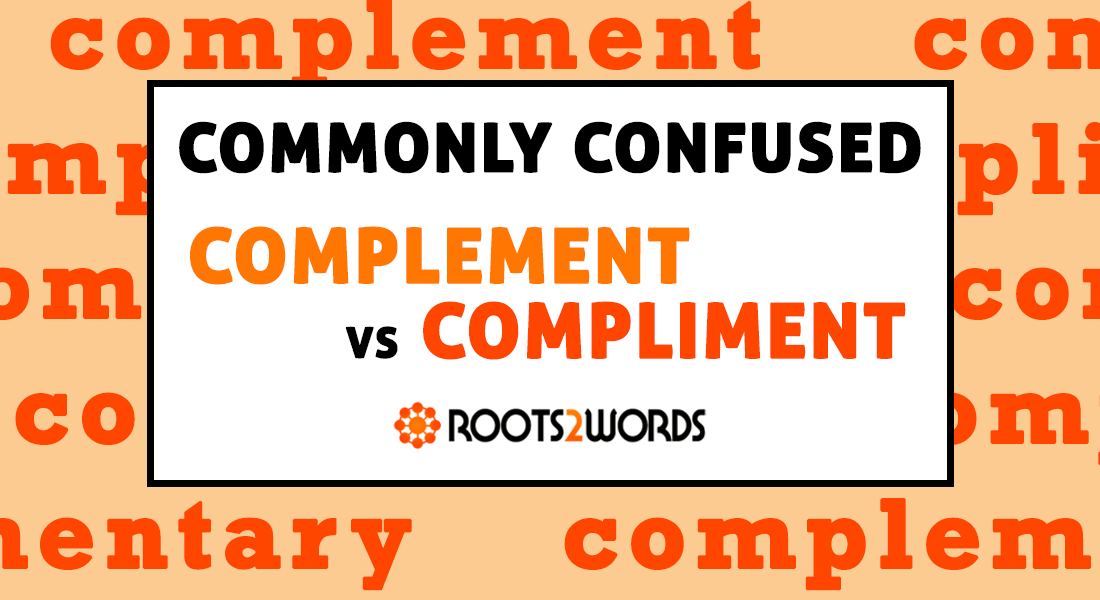COMMONLY CONFUSED: Complement vs. Compliment
Make sure you know the difference
Saturdays are perfect days to clarify communication confusion. Surprise, we’re talking about the differences between complement and compliment today!
The English language throws all kinds of challenges at speakers and writers. One particularly tricky pair of homophones is that of complement and compliment. These words pop up frequently—especially if you’re worthy of praise! Therefore, mastering them is essential for effective communication, not to mention success on standardized tests:
complement (verb) - to complete, make whole, or bring to perfection
—complement as a noun is a group or number of something or whatever makes something complete
compliment (verb) - to offer an expression of praise, congratulations, or respect
—compliment as a noun is a kind or flattering statement, observation, or commendation
Interestingly, both words have the same origins and roots:
BREAKDOWN: COM- (together) + PLE- (to fill) + -MENT (thing that)
A related source of confusion occurs when these verbs are used as adjectives:
complementary (adj) - completing, enhancing, or improving something
—complementary angles are angles that sum to 90 degrees
complimentary means praising or approving; free of charge
See also: plethora
“Courage is the complement of fear. A man who is fearless cannot be courageous. He is also a fool.” —Robert A. Heinlein



